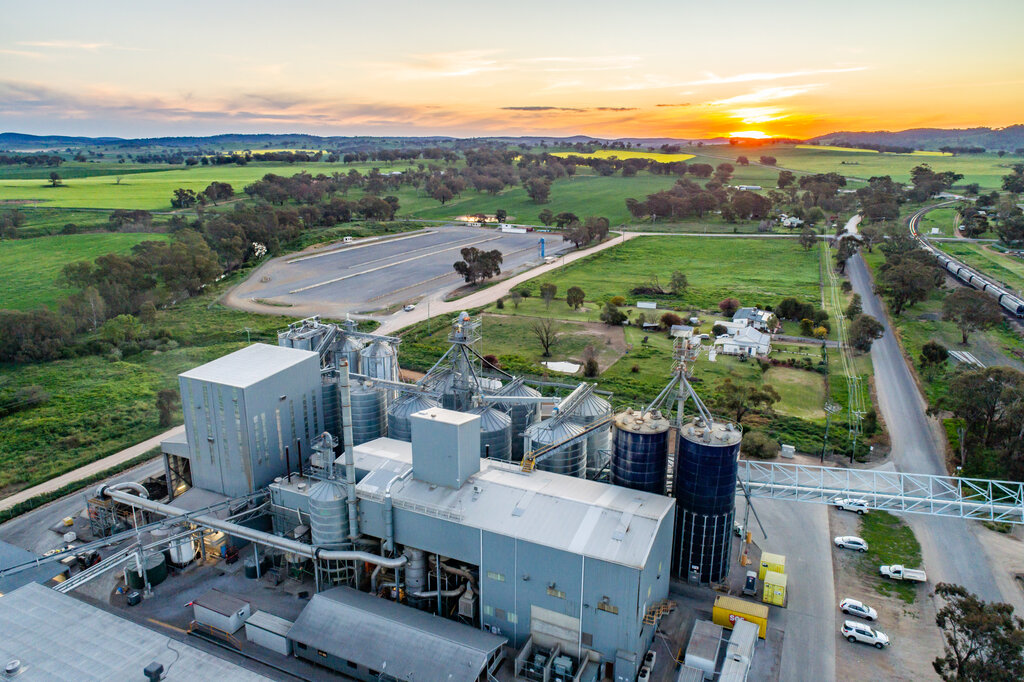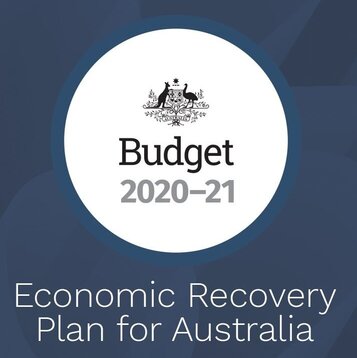Economic Recovery Requires Export Focus [Budget 2020-21]
Exports make a significant contribution to the Australian economy, generally representing more than 20 per cent of Australia’s GDP. But as with other parts of the Australian economy, Australian exports have been impacted by Covid-19.
Australian exports by value (of both goods and services) fell by 4 per cent in the month of August. That drop, however, does not fully capture the difficult struggle many small and medium sized exporters are currently facing.
Earlier announcements, such as the Digital Infrastructure package, which includes rollout of 5G and commercial testing in sectors such as agriculture, logistics and manufacturing, as well as the initiative in support of fintechs for financial services exports, should have a positive impact on Australian exporters.


